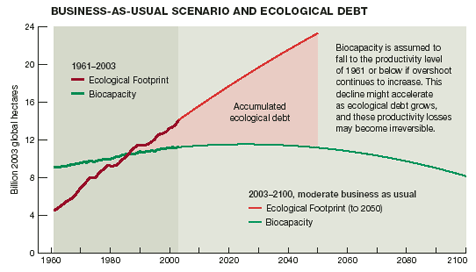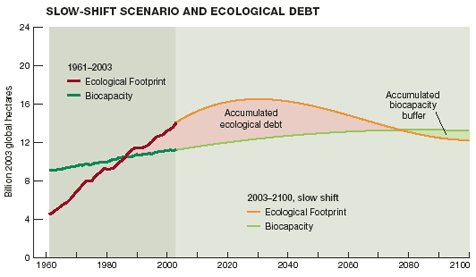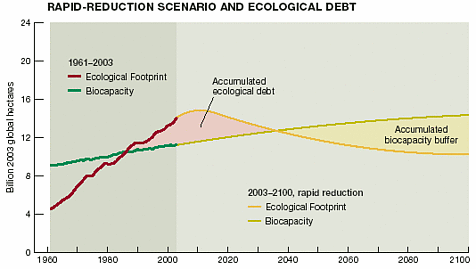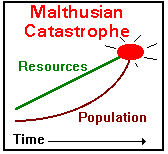
Thomas Malthus (1766-1834) was an English clergyman, whose writings on population growth had a strong influence on the theory of evolution by natural selection developed by Charles Darwin and Alfred Russel Wallace.
In An Essay on the Principle of Population (1797), Malthus observed that most organisms produce far more offspring than can possibly survive.
1798: "The Essay on the Principle of Population" by Thomas Robert Malthus is one of the most important early studies of Dystopia really, really bad futures (opposite of "Utopia"). Since population tends to multiply faster than subsistence, many people will starve unless society adopts rigid population controls, such as sexual abstinence and prohibition of marriage among the poor.
This essay appears right about at the time that the growth of human
population starts to become exponential mostly due to the adoption of
public hygiene. 
Instead of recommending cleanliness to the poor, we should encourage contrary habits. In our towns we should make the streets narrower, crowd more people into the houses, and court the return of the plague. In the country we should build our villages near stagnant pools, and particularly encourage settlements in all marshy and unwholesome situations. But above all, we should reprobate specific remedies for ravaging diseases: and those benevolent, but much mistaken men, who have thought they were doing a service to mankind by projecting schemes for the total extirpation of particular disorders |

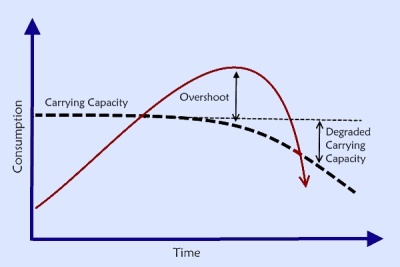
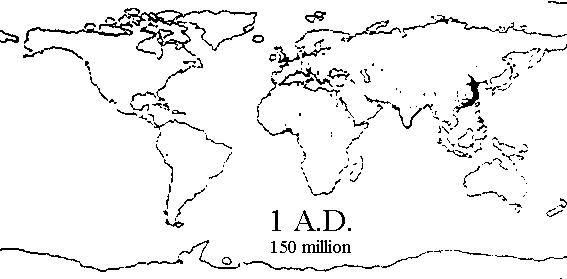
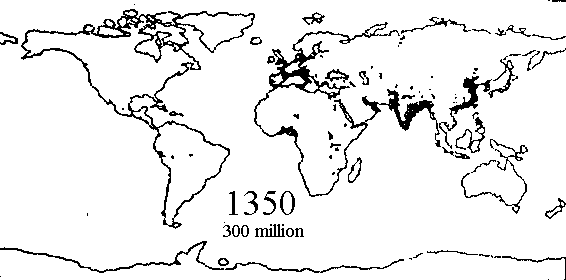
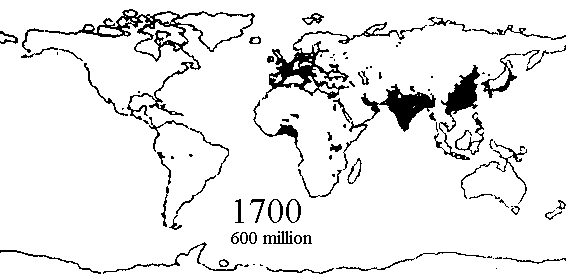
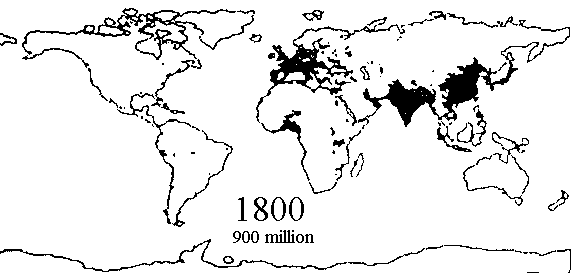
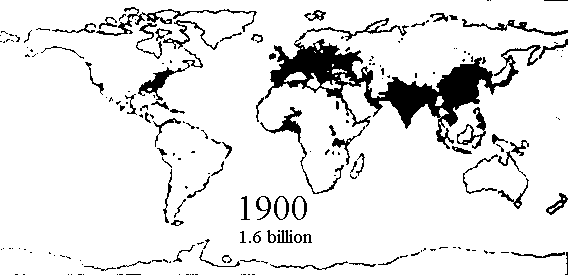
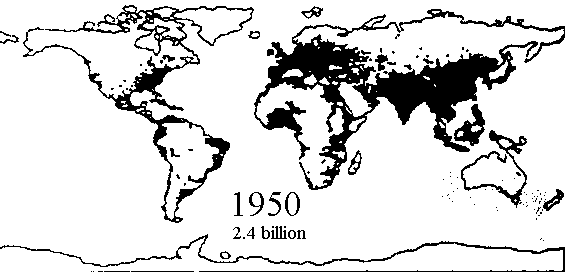
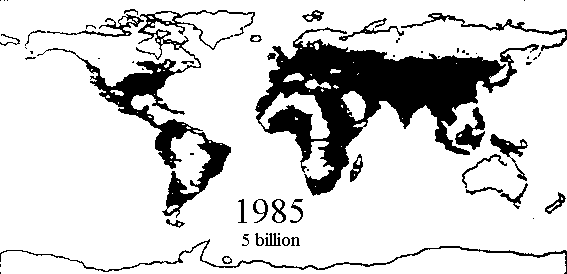
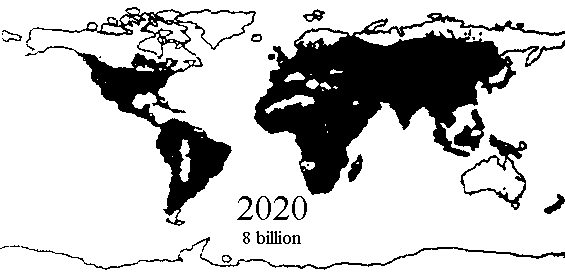
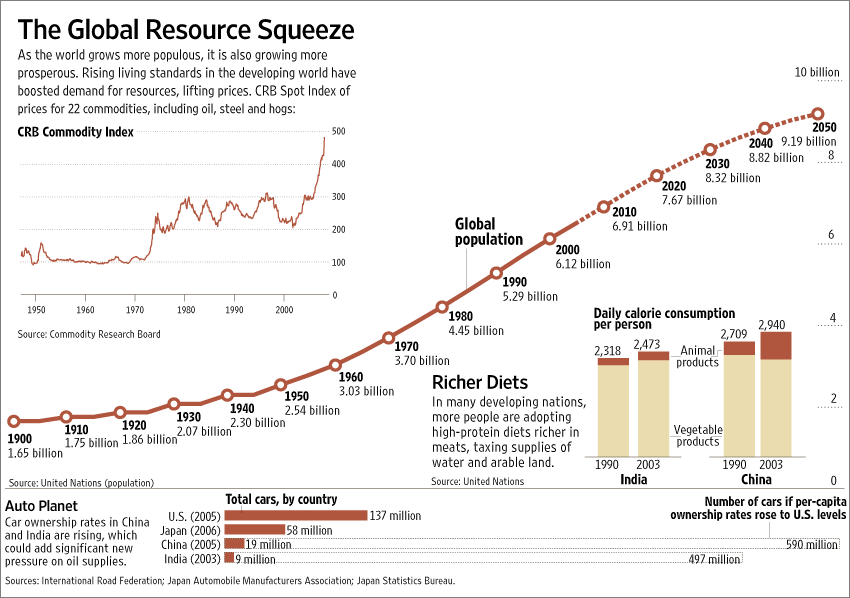
Example Water Distribution Problem

A Little 'e' Engineered World
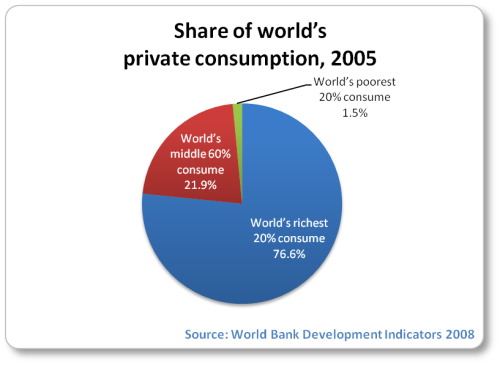

But its not so much about population growth, its about resource usage relative to what is available.
Today the Malthusuan Catastrophe looks like this

Three Choices:
